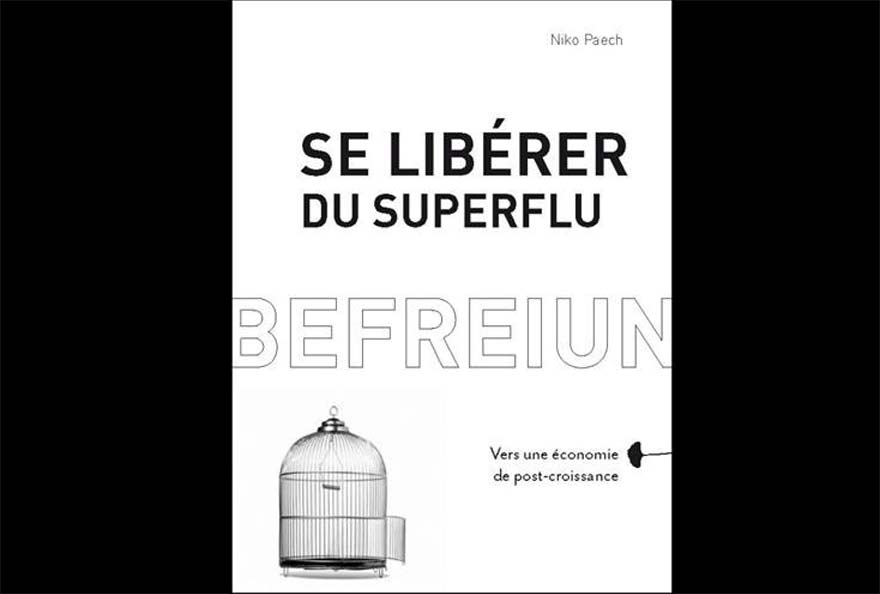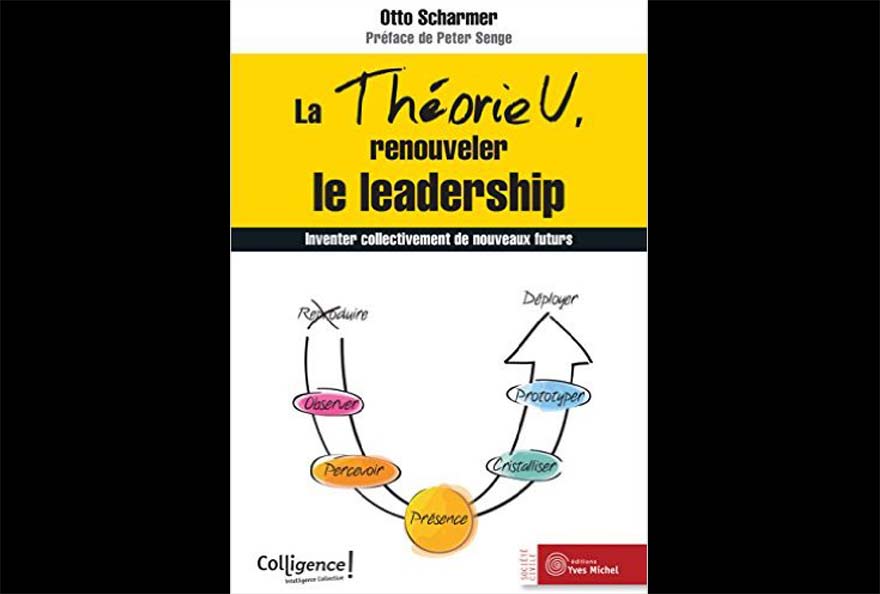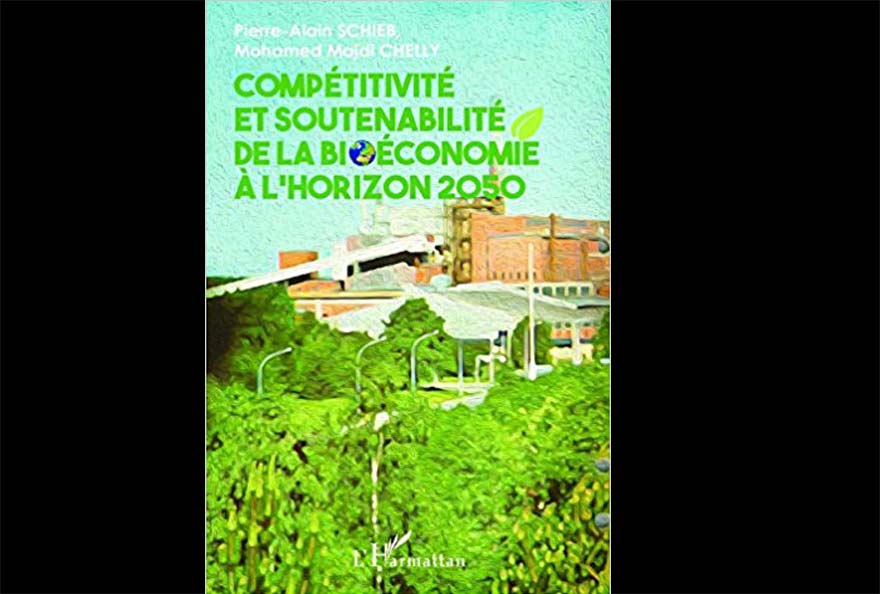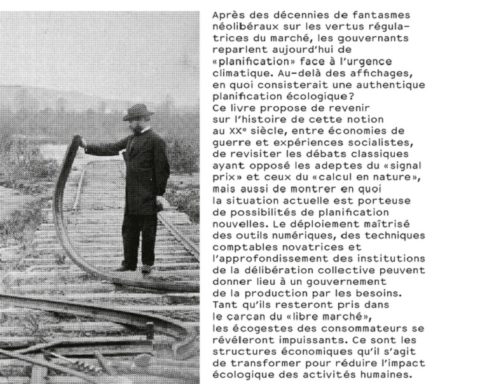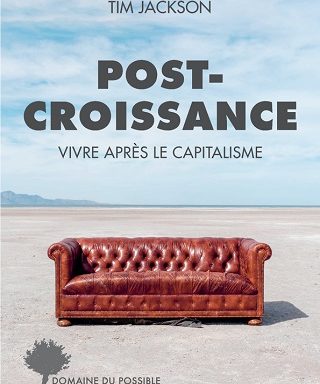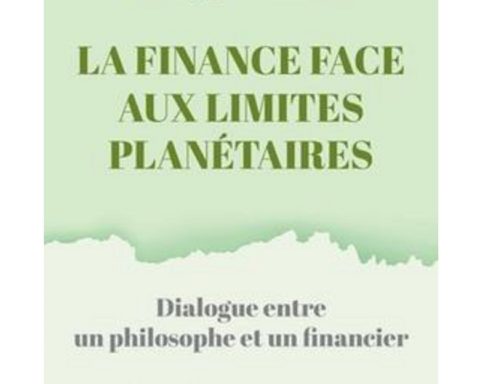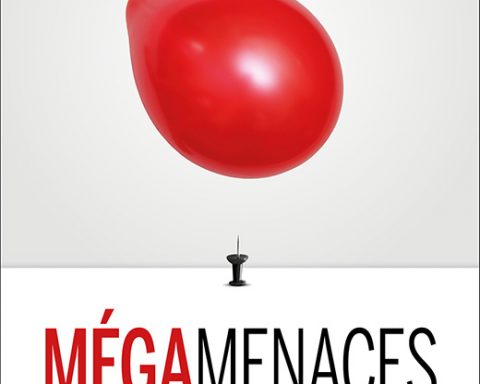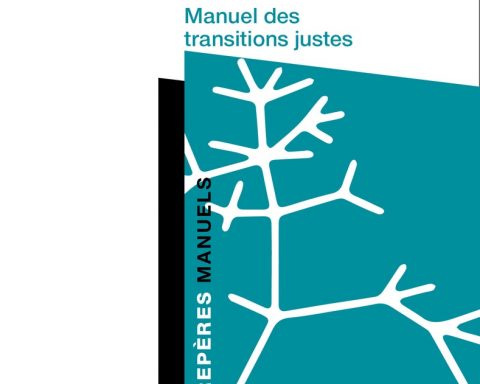"There are no ecological objects or techniques per se, only lifestyles. »
Niko Paech's book illustrates the vitality and diversity of the deconstructions of the religion of growth. Post-growth or degrowth are concepts with several dimensions, giving rise to a diversity of interpretations and proposals, of paths, while the present world, always oriented towards infinite growth and plundering, has become unsustainable. Economic growth, as a regular, continuous, self-sustaining process, belongs to the past, despite the illusions of green and dematerialized growth and those of a technological leap". Geneviève Azam, economist


